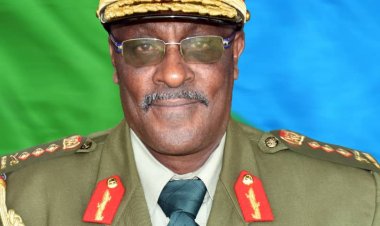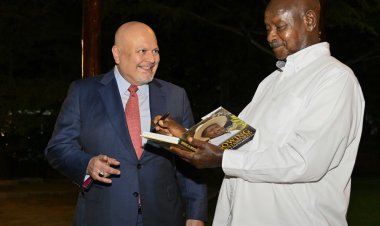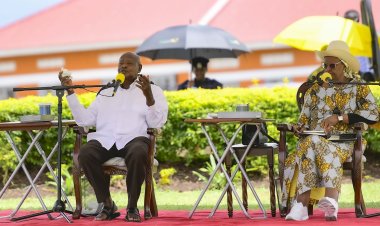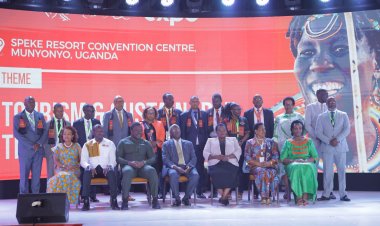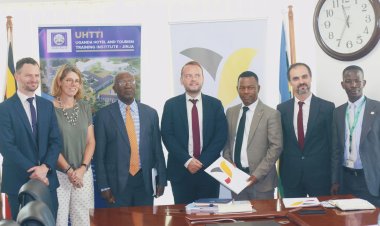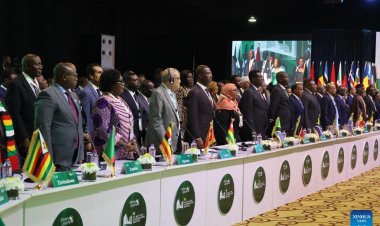Museveni Condemns Corruption in Martyrs Day Speech

President Yoweri Kaguta Museveni used the Uganda Martyrs Day celebrations to address the nation on the pressing issue of corruption, emphasizing the critical role of godly principles in curbing this societal menace.
In his address, Museveni paid tribute to the Uganda Martyrs who were executed by Kabaka Mwanga for refusing to renounce Christianity.
He highlighted their legacy, stating that their persecution and death were pivotal in spreading Christianity across Uganda and Africa.
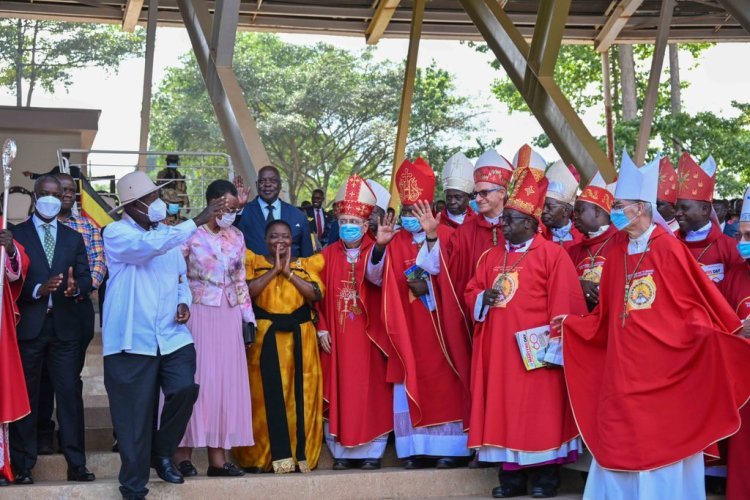
"The blood of the Martyrs watered the seed of Christianity," Museveni remarked.
Museveni drew parallels between historical martyrdom and the modern fight against corruption.
He likened the suppression of progressive ideas to the resistance faced by early Christians, asserting that correct and godly principles ultimately triumph.
"The story of the Uganda Martyrs is proof that it is impossible to suppress correct ideas, especially if they are anchored on godliness and humanity," he stated.
Central to his message was the argument that corruption and other societal evils stem from a lack of godly guidance.
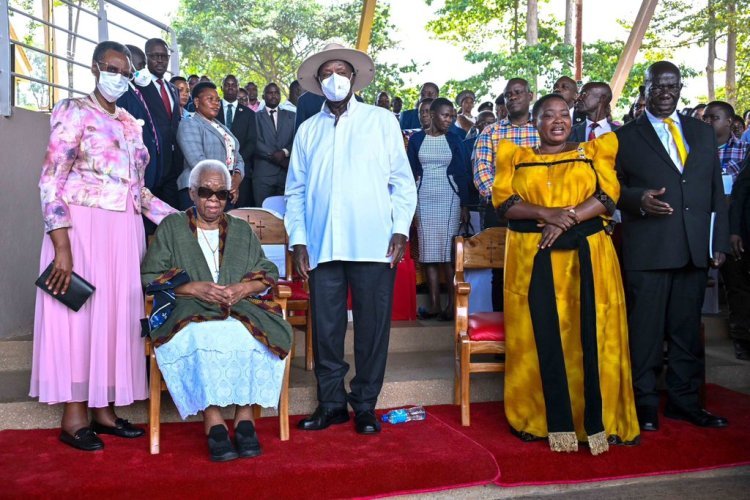
Museveni emphasized that the fear of God instills honesty, integrity, and self-control, which are crucial in combating corruption.
"Many of the evils, like corruption, embezzlement, defilement, murder, etc., are on account of the lack of Godly guidance, in people’s hearts," he said, calling for a moral and spiritual revival to foster accountability and ethical behavior.
President Museveni also urged religious leaders to balance spiritual teachings with practical socio-economic advice.
He highlighted the importance of addressing both spiritual and physical needs to achieve a fulfilling life.
"A relevant Christian Ministry is one that encourages the believers to work towards achieving decent standards of living," Museveni advised.

He stressed that patriotism, Pan-Africanism, and fraternity are foundational to Uganda’s socio-economic agenda.
He referenced the conversion of Saul to Paul as an example of transformation through divine encounter, encouraging Christians to forgive and move forward.









